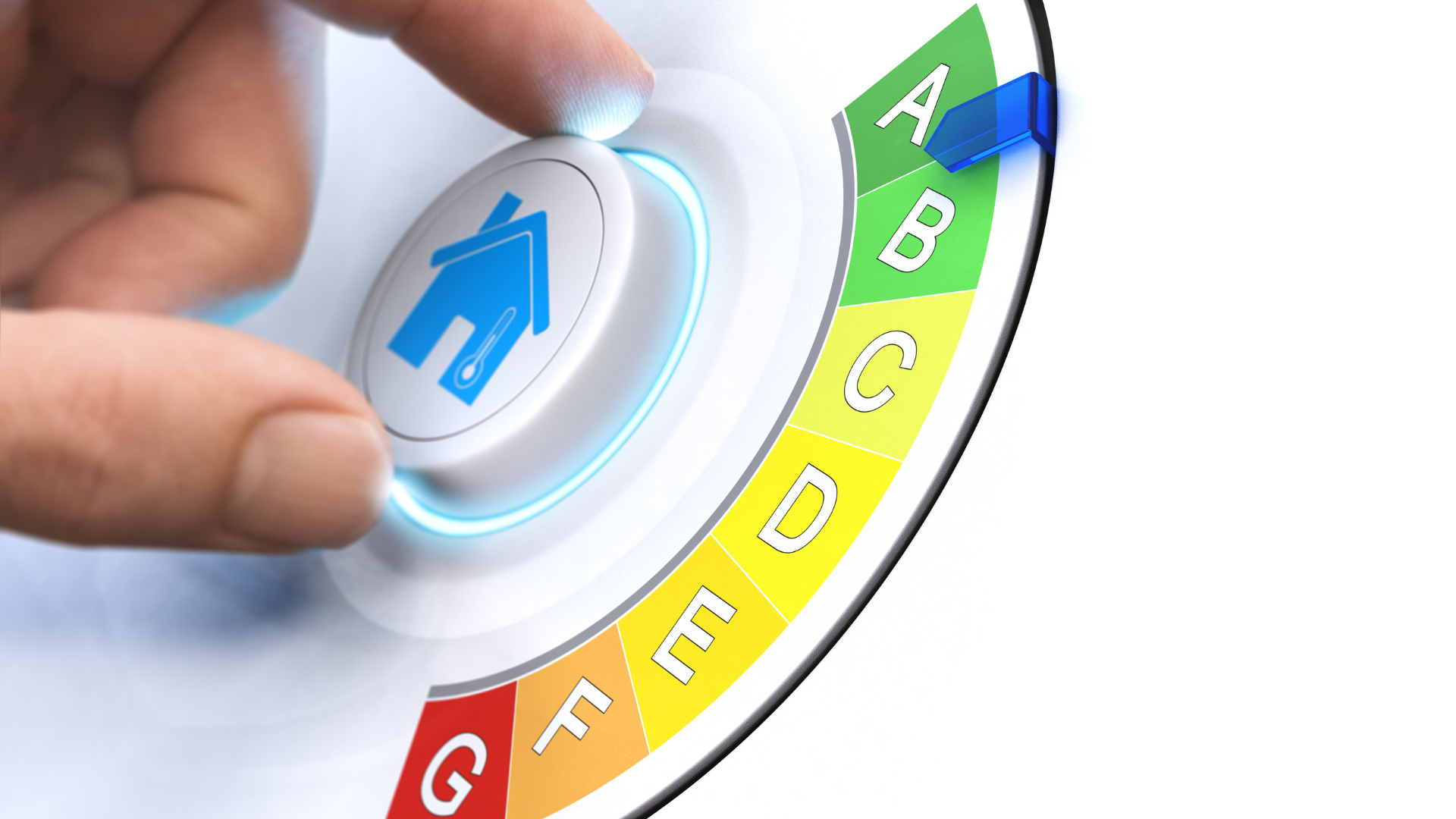HEAP, which stands for “Home Energy Assistance Program,” is a vital initiative designed to provide financial aid and support to low-income households struggling with their energy bills. The program aims to alleviate the burden of high energy costs, particularly during harsh weather conditions, ensuring that vulnerable individuals and families can maintain a safe an comfortable living environment.
How HEAP Works:
The Home Energy Assistance Program operates in various countries and states, each with its own set of eligibility criteria, application processes, and funding sources. Generally, applicants must meet specific income guidelines to qualify for assistance. These guidelines ensure that the aid goes to those who need it the most, particularly households with limited financial resources.
To apply for HEAP, applicants typically need to provide documentation of their income, household size, and other relevant information. Upon approval, eligible households receive a one-time or regular payments to help cover energy expenses, such as heating and cooling costs.
The Importance of HEAP:
HEAP plays crucial role in promoting energy affordability, reducing energy poverty, and safeguarding public health and well-being. Low-income families often face the difficult decision of allocating limited funds between paying for energy and meeting other essential needs like food, medical care, or education. By providing financial assistance, HEAP eases this burden and helps prevent potential hardships, such as homelessness or health issues caused by inadequate heating or cooling.
Moreover, HEAP contributes to energy conservation and environmental sustainability. By supporting energy-efficient practices and helping individuals access to proper heating and cooling equipment, the program encourages responsible energy consumption, benefiting both the recipients and the broader community by reducing overall energy demand and greenhouse gas emissions.
HEAP and Beyond:
While HEAP is undeniably essential in providing short-term relief to struggling households, it is also crucial to address the underlying causes of energy poverty and work towards long-term solutions. Governments, organizations, and communities can collaborate to implement comprehensive energy efficiency programs, renewable energy initiatives, and educational campaigns that empower individual to manage their energy usage effectively.
By focusing on sustainable solutions, we can ensure that all individuals, regardless of their economic circumstances, can access safe and affordable energy options, leading to a more resilient and equitable society.
In conclusion, HEAP is an invaluable lifeline for low-income families facing energy challenges. By offering financial support, it helps vulnerable households maintain comfortable living conditions while promoting energy efficiency and environmental stewardship. However, we must continue to strive for lasting solutions to energy poverty, fostering a future where everyone can access sustainable and affordable energy resources.





